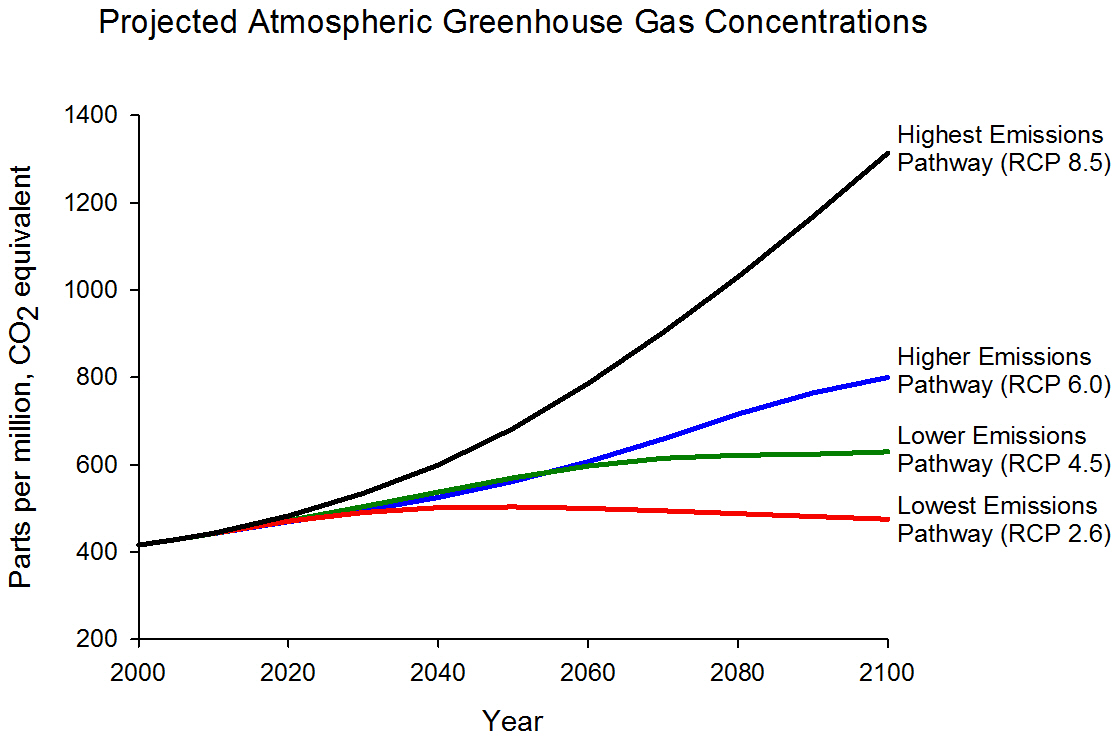The Revolution is Underway. A Call to Arms!
The Revolution (30th) Edition of the Negative Foods Newsletter
Food is unique. It’s unique in that everyone eats every day. But food is also unique in that food can make things better. Food can be grown in a way that draws carbon from the atmosphere, in a way that stores water in the ground, in a way that improves biodiversity. And, of course, in a way that improves the health of the people who eat it.
Today, the American food system is none of that. Agriculture (and land use) emits between a quarter and a half of global greenhouse gasses. Our food system makes humans and the environment sicker.
But the way we eat is changing.
We are in the early days of the revolution.
The revolution will result in a future food system that helps reverse climate change.
The revolution will be led by consumer demand and the business community.
The revolution will be an extraordinary opportunity for entrepreneurs, for startup investors, and also for thoughtful and progressive Big Food companies.
The winners will do well and do good. The businesses that fail to change will become roadkill.
The revolution has begun. Look at the venture funds being raised to fuel the revolution. Look at the entrepreneurs and startups pouring their souls into building food brands based on regenerative agriculture supply chains. Look at the conferences where the revolutionaries are plotting their financing plans. Look at the food retailers and restaurants building regenerative programs. Look at the Big Food regenerative strategies underway. The march toward a future regenerative agriculture food system is inexorable.
But just because the revolution is underway does not mean you and I can wait for it to happen. Time is the enemy.
There are multiple scenarios of how climate change will play out. None of the scenarios are without suffering. Even the optimistic scenarios result in massive suffering for millions of people. The worst-case scenarios would be devastating for humanity.
The action is in the space between the best and the worst case scenarios. If we wake up early and work hard to change things with urgency, we can avert a catastrophe.
The government isn't going to save us when it comes to changing the food system. We need the government to create a level playing field, but the heavy lifting will be done by consumers and private businesses.
Eating organic food isn’t going to save us. We need to vote with our dollars for food that is organic AND regenerative.
Going vegan isn’t going to save us. Animal protein, done right, is part of the revolution!
The demise of Big Food and agribusiness isn’t going to save us. Yes they created this mess. But here we are. And we need their sales forces, their fleets, their infrastructure, their engineers, their weighted average costs of capital, their know-how, etc. We need them to transition their food supply chains to regenerative agriculture supply chains. We need everyone in the food system to be part of this transition, including Big Food. We need to change the world starting with how it is, not with how we wish it were.
The revolution starts with food eaters. We all must seek carbon footprint information when choosing foods (did you know that each dish at COP26 is carbon counted?). We all must vote with our dollars. We all must demand (and be willing to pay for) food with regenerative supply chains.
When we all put our shoulders to this effort, it will be a great experience. These changes will spur economic activity and create great jobs. The world will become improved, with cleaner water, more nutritious food, more resilient farms and communities, and with happier and healthier people. And we’ll help avoid the worst case scenarios. So let’s do it, and let’s do it with a sense of urgency.
For Your Consideration:
Scotland: Boosting carbon storage in agricultural soil
Lifting the cup: Unilever’s tea division targets net zero
Regenerative Rising Podcast: The Business Case for Regenerative Beef Production
How PepsiCo is supporting a regenerative transition for Quaker Oats
COP26: More government investment in innovation needed for food resilience, says USDA’s Vilsack




How wonderful to have a positive newsletter.
Thank you.